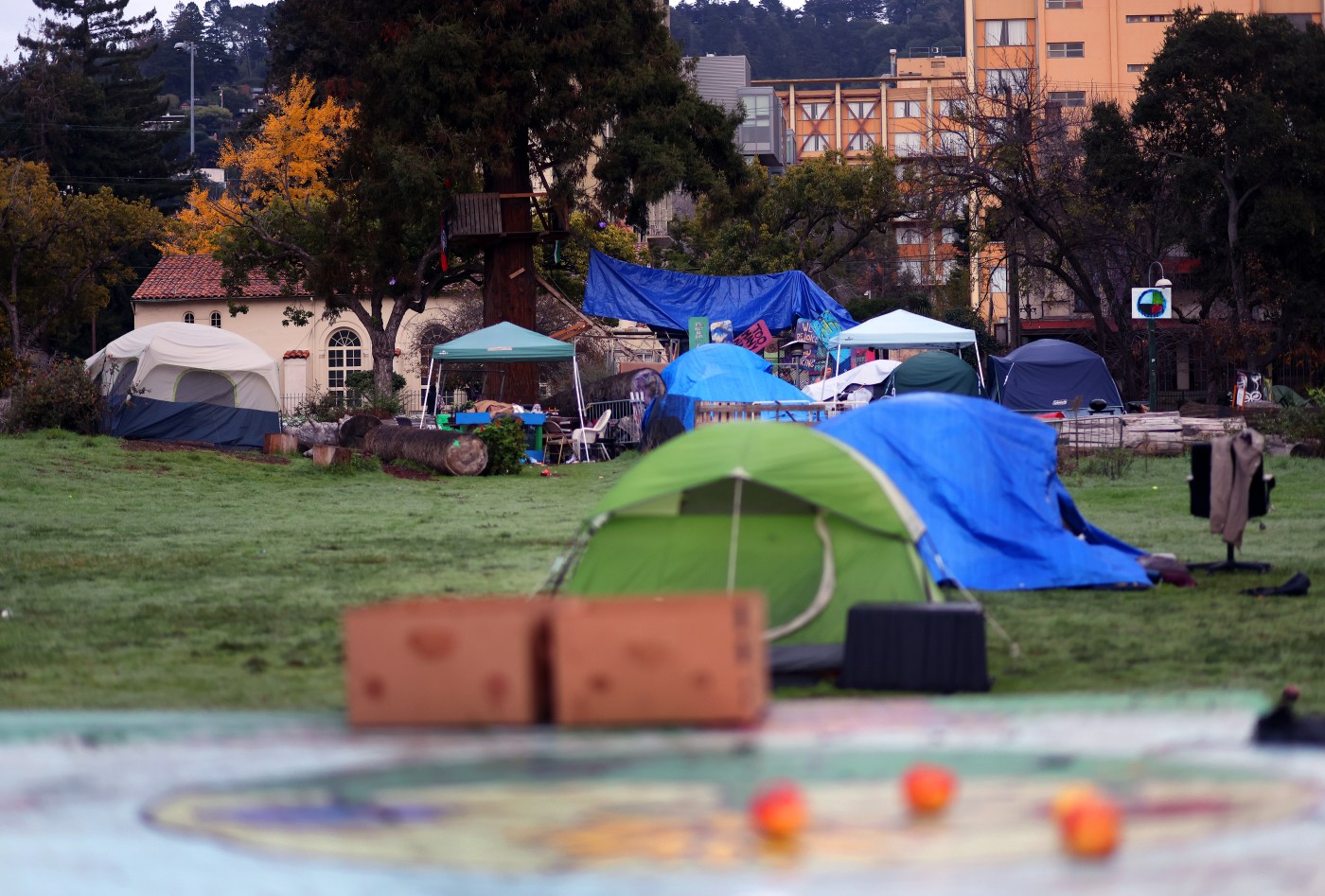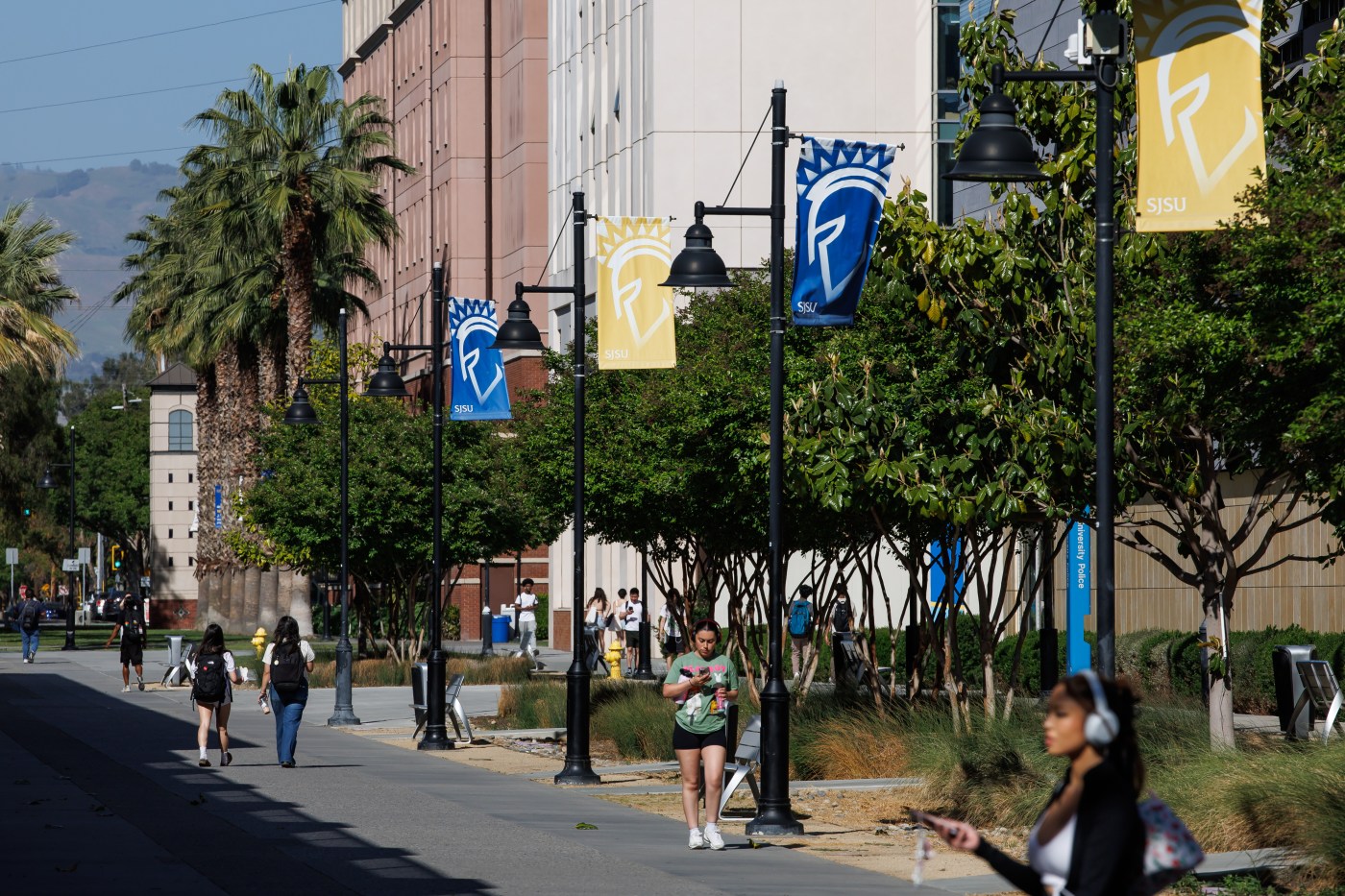Last month, Gov. Gavin Newsom issued a “model ordinance” for sweeping homeless people off California streets. Essentially, it was a blueprint providing cities and counties with the suggested policies and legalese to implement encampment closures.
Meanwhile, San Jose and Fremont have escalated their anti-homelessness tactics, calling for the arrests of homeless people if they refuse shelter. On Tuesday, the San Jose City Council signed off on Mayor Matt Mahan’s controversial proposal to cite and arrest homeless residents who repeatedly refuse shelter
Last November, San Francisco’s district attorney began charging homeless people, who resist the city’s aggressive encampments sweeps, with unlawful lodging, among other crimes; and unsurprisingly, that has contributed to a backlog of court cases, overwhelming the offices of the public defender and the district attorney.
These actions are targeting the poorest people in our community, serving as a direct pipeline into the costly criminal justice system — all while there are not nearly enough shelter spaces.
We understand that people are frustrated with homelessness and the lack of progress. But forcing people to move under the very real threat of incarceration is neither what many in our communities want nor what unhoused individuals need.
So what should we do?
Our fieldwork in the Bay Area provides some answers.
We analyzed data from an encampment closure at Berkeley’s historic People’s Park in early 2022. At that time, 64 people were regularly sleeping in the park. Many of these individuals were chronically homeless, in some cases having stayed in and around People’s Park for decades.
Related Articles
Millbrae, city with 22 homeless residents, bans encampments
San Jose approves controversial Mahan proposal to cite and arrest homeless who refuse shelter
City Council strikes down San Jose mayor’s pay-for-performance proposal
Mayors of California’s largest cities warn that funding loss will set back homelessness progress
Berkeley moves to clear one of its largest homeless camps before judge halts sweep
When People’s Park was closed, of the 64 people regularly sleeping at the park, 85% either moved into one of the interim housing options or moved into a permanent housing arrangement.
Within a year, 70% of the 44 who went into interim housing had moved into permanent housing or were in the process of securing permanent housing.
In other words, the vast majority of people we studied accepted shelter and permanent housing.
Our research did not find that unhoused individuals sleeping outside are “shelter resistant” or “voluntarily homeless.” Instead, we found that homeless people, particularly those who have lived outside for several years, needed two things: private rooms with private bathrooms and consistent outreach from social workers.
Privacy mattered a lot: Everyone at People’s Park accepted an offer of shelter with privacy. And social services were very important: Many required extensive and consistent outreach from trained social workers — not law enforcement — to prepare for the encampment closure.
These two elements are critical to resolving the homeless crisis long term. Arresting our neighbors in poverty is not the solution. Our focus needs to be on professional outreach and developing shelters where people have privacy and safety.
Can we have a model ordinance for that?
No one wants our shared public spaces full of tents. The people sleeping there want and deserve something better, too. The trend toward criminalization misses crucial elements of what we know is proven to work.
Jamie Chang is an associate professor at UC Berkeley School of Social Welfare and has researched homelessness and substance abuse for 20 years. Jillian de la Torre is a policy advocacy manager of Healthy Contra Costa and has experience as a social worker focused on homelessness.





